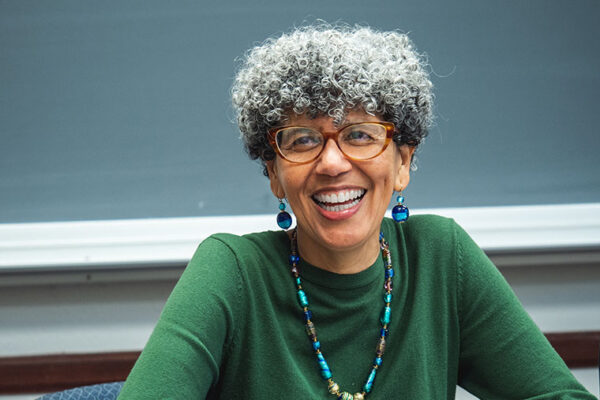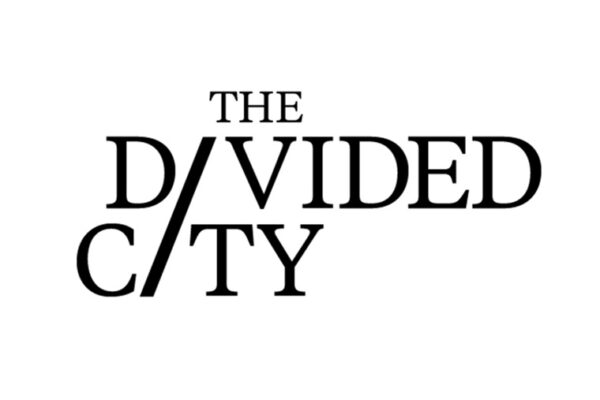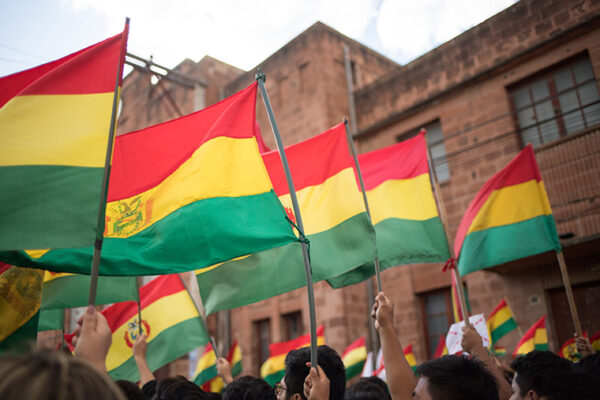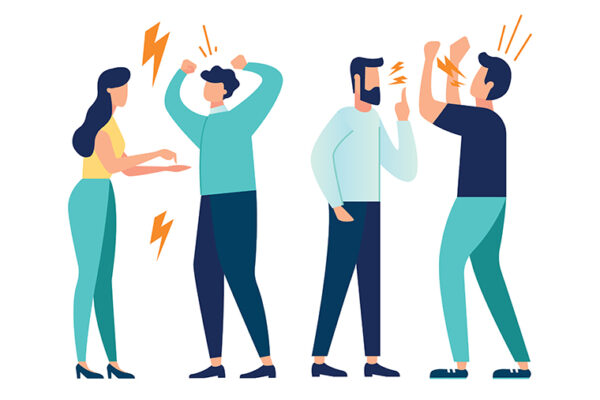Why health insurance in rural communities is so expensive
Small risk pools may contribute to the challenges faced by private insurance plans in rural areas, in which case risk reinsurance, or insurance for the insurer, is a potential policy solution, finds a new study from the Brown School at Washington University in St. Louis.
New book examines eating disorders, failure to care for those impacted
A new book from Washington University in St. Louis cultural anthropologist Rebecca Lester explores eating disorders — a topic that impacts and kills almost as many people in the United States as the opioid crisis yet receives a fraction of the sympathy, support or funding.
Tuning into the world of song
Is music universal? To answer that question, Christopher Lucas, assistant professor of political science, worked with colleagues from Princeton and Harvard to analyze music from 315 societies from across the planet. Their findings are published in the Nov. 21 issue of Science.
‘Recipes for Respect’ book featured at New York Public Library
The book “Recipes for Respect: African American Meals and Meaning”(2019) by Rafia Zafar, professor of English and of African-American studies, both in Arts & Sciences, is featured in a new exhibition celebrating the 125th anniversary of the New York Public Library.
Famished
Eating Disorders and Failed Care in America
When Rebecca Lester was eleven years old — and again when she was eighteen — she almost died from anorexia nervosa. Now both a tenured professor in anthropology and a licensed social worker, she turns her ethnographic and clinical gaze to the world of eating disorders — their history, diagnosis, lived realities, treatment and place […]
The time for privacy reform is now
America needs an internet privacy bill but Congressional inaction could force states into adopting an Americanized version of Europe’s General Data Protection Regulation. That’s a move that would be insufficient and ineffective, argues a leading privacy law expert at Washington University in St. Louis.
The Divided City announces new faculty grants
The Center for the Humanities in Arts & Sciences and the Sam Fox School of Design & Visual Arts’ College and Graduate School of Architecture & Urban Design announce a new round of Divided City faculty collaborative grants.
Modifications to social, physical spaces make living at home easier for older adults
Social and physical modifications can make aging in place more accessible at the same time they positively impact cognitive function in older adults living alone, finds a new study from the Brown School at Washington University in St. Louis.
WashU Expert: Political chaos in Bolivia is a ‘coup’
In Bolivia, a tangled election mess seems to have reaffirmed the popularity of leader Evo Morales. A Washington University in St. Louis faculty member says the country has propped up a new leader in what amounts to a military coup.
Toward a more civil discourse
Reappropriation — by which a group of people reclaims words or artifacts that were previously used in a way disparaging of that group — can tame uncivil discourse, finds a new study by political scientists and a law professor at Washington University in St. Louis.
Older Stories









